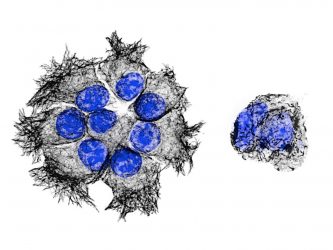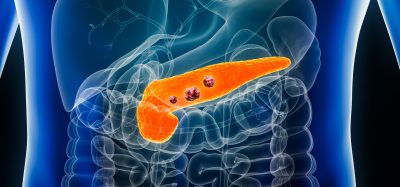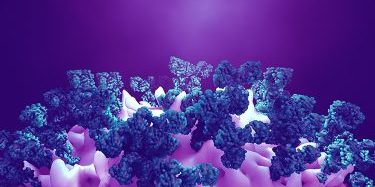Experimental compound could be used to treat pancreatic cancer
Posted: 9 August 2019 | Victoria Rees (Drug Target Review) | No comments yet
Using a compound called PTC596 in combination with other drugs, researchers effectively treated pancreatic cancer in mice.


A new study has discovered that an experimental compound used in combination with a first-line drug for pancreatic cancer is effective against the condition in mice.
The research was conducted by Columbia University Irving Medical Center. According to the researchers, the treatment could be used with standard therapy in patients with pancreatic cancer.
“Pancreatic tumours recruit a thick layer of connective tissue called stroma that hardens the tumour and acts like a shield,” says Dr Kenneth Olive, whose previous research first uncovered how the stroma makes it difficult for chemotherapy drugs to reach malignant cells. “As a result, most chemotherapy drugs can’t build up to the levels needed to be effective.”
…PTC596 blocks the formation of microtubules, a network of proteins involved in cell division and transport of nutrients within the cell
This indicated to the researchers that a pancreatic cancer drug needs to penetrate the stroma to accumulate in the tumour. However, as it would be in the blood for a long time, it needs to be less toxic.
The study used PTC596, an experimental compound shown to have antitumour activity in mouse and human pancreatic cancer cells. It has a durable half-life and can evade a pump that many cancer cells use to expel drugs, making it an ideal candidate.


In pre-clinical testing, an experimental drug for pancreatic cancer blocks the formation of microtubules in the cell, hindering growth. Microtubules are shown in black and DNA is in blue. The pancreatic cancer cluster on the right was treated with PTC596 (credit: PTC Therapeutics).
The researchers discovered that PTC596 blocks the formation of microtubules, a network of proteins involved in cell division and transport of nutrients within the cell.
In combination with gemcitabine, a drug for pancreatic cancer, the researchers tested the compound in mice genetically engineered with an aggressive form of pancreatic cancer that is resistant to chemotherapy.
The team observed that the mice treated with the two-drug combination lived three times longer than those treated with only a single standard agent.
They also tested PTC596 in combination with gemcitabine and another drug commonly used to treat pancreatic cancer, nab-paclitaxel, on human pancreatic tumours grown in mice. This improved the efficacy of the drug, resulting in a shrinkage of the tumours.
“Based on the drug’s safety profile and our own findings, there’s a good rationale for testing PTC596 in combination with standard therapy in patients with pancreatic cancer,” says Olive.
The findings were published in Clinical Cancer Research.
Related topics
Drug Development, Drug Targets, Oncology
Related conditions
Pancreatic cancer
Related organisations
Clinical Cancer Research, Columbia University Irving Medical Center
Related people
Dr Kenneth Olive








